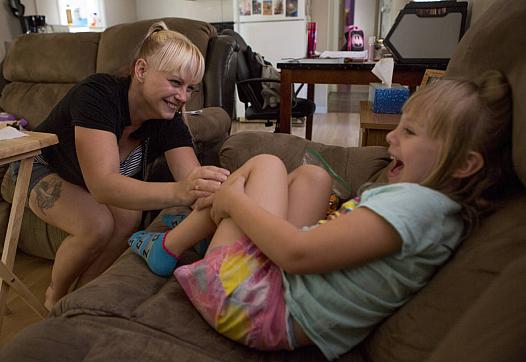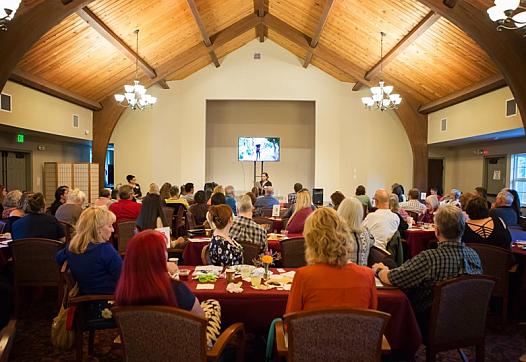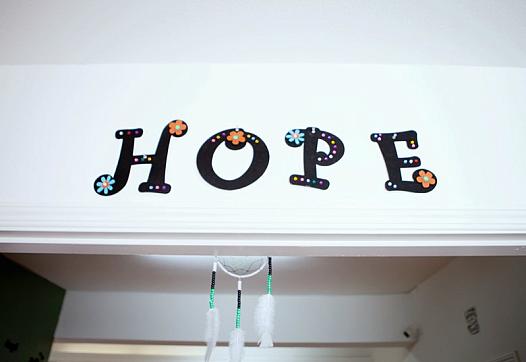
They fought alongside U.S. forces in Vietnam. Generations later, trauma still haunts Sacramento’s Hmong community.

They fought alongside U.S. forces in Vietnam. Generations later, trauma still haunts Sacramento’s Hmong community.

Medical professionals and researchers have long studied the effect of adverse childhood experiences (ACEs) and lifelong mental health and addiction. Now awareness is growing of the link between childhood trauma on long-term physical health.

A few things journalists should keep in mind while covering issues related to disability, which often don't get enough press.

For the past decade, the vast majority of the young people in Louisville’s secure detention facility have been black. A reporter wonders why more people aren't talking about the disparity.

This story was produced as a project for the 2018 California Fellowship, a program of the Center for Health Journalism at USC Annenberg. ...

Last Tuesday, nearly 100 people gathered in Jackson to connect with their neighbors around a troubling statistic: Amador County has the third-highest suicide rate in California.

This story was produced as a project for the USC Center for Health Journalism’s California Fellowship....

This story was produced as a project for the 2018 California Fellowship, a program of the Center for Health Journalism at USC Annenberg.

This story was produced as a project for the 2018 California Fellowship, a program of the Center for Health Journalism at USC Annenberg.

This story was produced as a project for the 2018 California Fellowship, a program of the Center for Health Journalism at USC Annenberg.